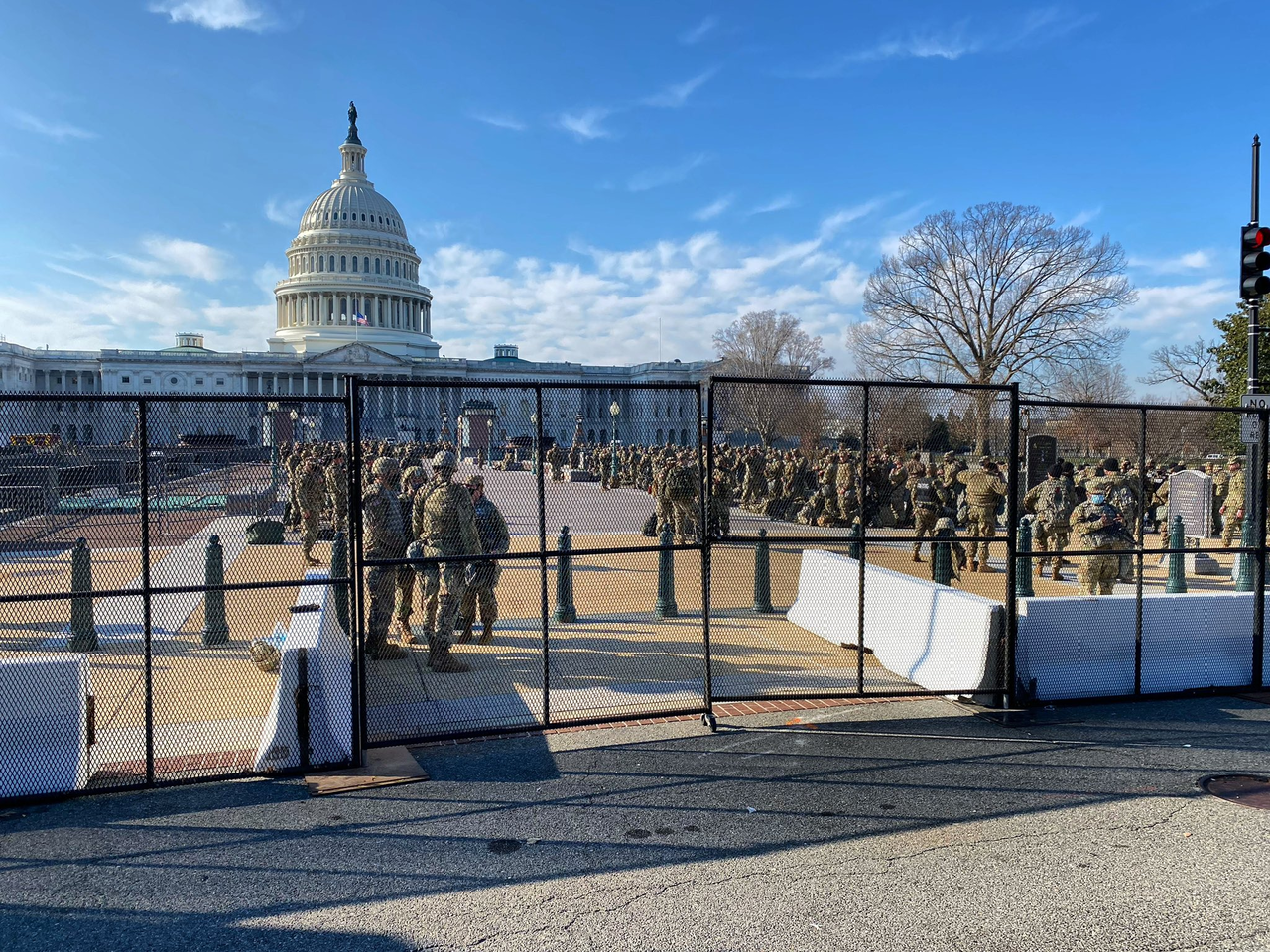

But correctional officials, physicians, and civil liberties groups have called the policy inhumane and ineffective. Booth said the prolonged lockdown was the only way to prevent rapid viral spread within the facilities and adhere to court oversight. The order required the agency to provide prompt medical care to residents, enforce social distancing, distribute hygiene materials, ramp up coronavirus testing, and improve conditions for isolated residents "so that they are non-punitive and specifically allow for access to phone calls, daily showers, and clean clothes," according to the American Civil Liberties Union of D.C., which represented the plaintiffs.ĭOC Director Quincy L.

In response to the suit, a federal court judge issued a preliminary injunction against the DOC, ordering the agency to put in place a number of precautionary health and safety measures. "Experts predict that COVID-19 will 'spread like wildfire' in DOC facilities," the lawsuit said. Jail - which is made up of the Central Detention Facility and Correctional Treatment Facility - brought a class action against the DOC in March 2020, accusing the agency of failing to prevent coronavirus spread. Video visitations will also be restored on a limited basis by June 7, after the DOC suspended them, saying facilitating the calls posed a health risk to staff.īarbering and cosmetology services have resumed for residents with upcoming jury trials, according to the department, and all will have access to the services by June 1 if there are enough available contractors and participating residents who can show they've been vaccinated. Residents will have access to outdoor recreation for at least 1.5 hours per week starting May 15, according to the DOC, and additional increases will be considered as more staff and residents are vaccinated against the coronavirus. "I recognize this is a challenging situation, but people who are awaiting their day in court or serving their sentence deserve better." "This is not an exit plan," Allen said in a statement. Councilmember Charles Allen (D-Ward 6), who chairs the legislature's judiciary committee, told the Washington Post that the modest schedule change doesn't go far enough. Last week's adjustment marks the first time in more than 400 days that residents at the jail were permitted outside of their cells for more than hour each day, and only in April were inmates allowed outdoors during the one-hour break from confinement.ĭ.C. The lockdown, put in place last year to curb viral spread, has been called an abuse of human rights by health experts and advocates for incarcerated residents. The schedule change went into effect April 30, per a notice issued Monday by the D.C.

Jail will be granted two hours outside of their cells - a slight increase over the one hour they've been allotted since the pandemic began. Jail - but only slightly.Īfter more than a year under a strict, 23-hour daily lockdown, roughly 1,500 men and women at the D.C. Corrections officials have loosened a 23-hour lockdown at the D.C.


 0 kommentar(er)
0 kommentar(er)
